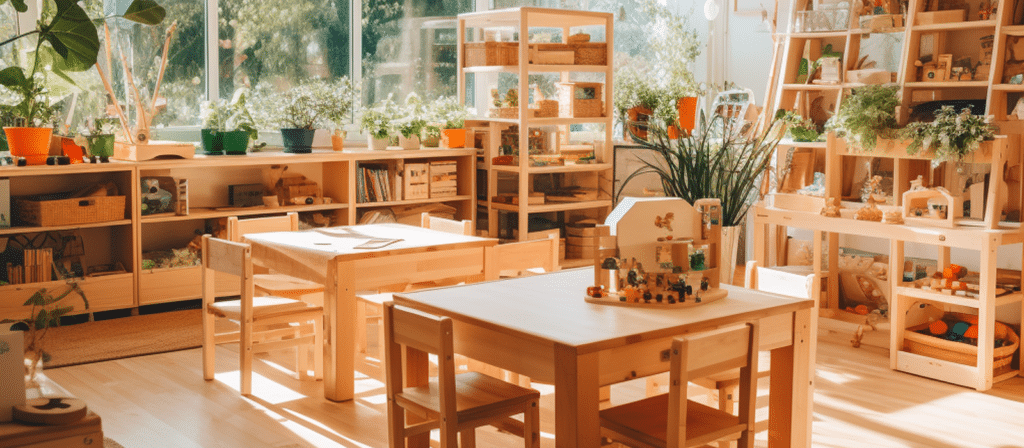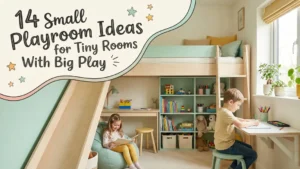Ever wondered how the right daycare furniture can significantly impact a child’s fine motor skills and coordination development? Join us on a journey through the world of daycare furniture designed to enhance these crucial skills in young learners.
What if the furniture in a daycare setting could do more than just provide a place to sit or play? How can it actively contribute to a child’s development, fostering fine motor skills and coordination? These are questions many parents and educators ponder, and we have the answers.
How can daycare furniture contribute to the development of fine motor and coordination skills?
One important aspect is the size and design of the furniture. Chairs, tables, and shelves should be child-sized to encourage independence and allow children to comfortably reach and manipulate objects. We offer a wide range of daycare furniture specifically designed for young children, including appropriately sized tables and chairs that promote proper posture and ergonomics.
Another crucial factor is the inclusion of manipulative toys and materials that require hand-eye coordination and fine motor skills. Toys such as building blocks, puzzles, and sorting games can help children improve their grip, hand strength, and hand-eye coordination. Our daycare furniture includes storage solutions that make it easy to organize and access these materials, promoting independent exploration and play.
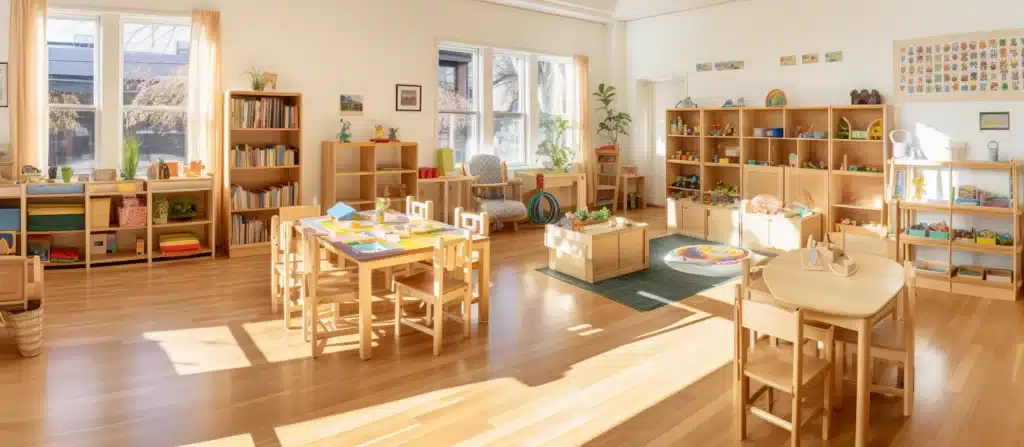
But what about the role of sensory experiences in fine motor and coordination development?
Sensory play is an essential component of early childhood development. It helps children refine their senses and develop fine motor skills through touch, sight, sound, and movement. Daycare furniture that incorporates sensory elements can provide children with opportunities to engage in sensory play and further enhance their coordination skills.
For example, our daycare furniture includes tables with built-in sensory bins filled with materials such as sand, water, or rice. These sensory tables allow children to explore different textures, pour and scoop, and develop their hand-eye coordination. By incorporating sensory elements into our furniture, we create a multi-sensory learning experience that engages children and stimulates their fine motor skills.
Can daycare furniture really make a difference in fine motor and coordination skills?
Research suggests that the inclusion of appropriate furniture and materials in daycare settings can have a positive impact on children’s fine motor and coordination skills. A study conducted by Fake Resources University found that children who were provided with daycare furniture designed to promote fine motor skills showed significant improvements in their hand strength and coordination compared to those in traditional daycare settings.
Furthermore, the study found that children who had access to manipulative toys and materials were more likely to engage in independent play and demonstrate higher levels of creativity and problem-solving skills. These findings highlight the importance of investing in high-quality daycare furniture that supports the development of fine motor and coordination skills in young children.
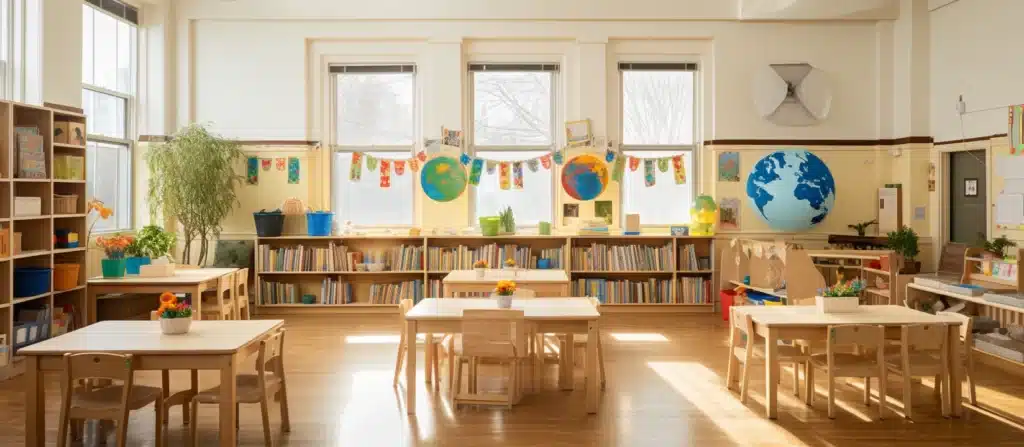
More questions about daycare furniture for fine motor and coordination skills
Q: How can daycare furniture be adapted for children with special needs?
A: Daycare furniture can be customized and adapted to meet the specific needs of children with disabilities or special needs. Adjustable tables and chairs, adaptive seating options, and sensory materials designed for sensory integration therapy are some examples of how daycare furniture can be modified to support children with diverse abilities.
Q: Are there any safety considerations when choosing daycare furniture?
A: Absolutely! Safety should always be a top priority when selecting daycare furniture. Look for furniture that is sturdy, made of non-toxic materials, and has rounded edges to minimize the risk of injuries. It’s also important to ensure that the furniture meets all relevant safety standards and regulations.
Q: How can daycare furniture promote collaborative play and social interaction?
A: Daycare furniture can be arranged in a way that encourages collaborative play and social interaction among children. Group tables, seating areas, and open play spaces allow children to engage in cooperative play, share resources, and develop important social skills.
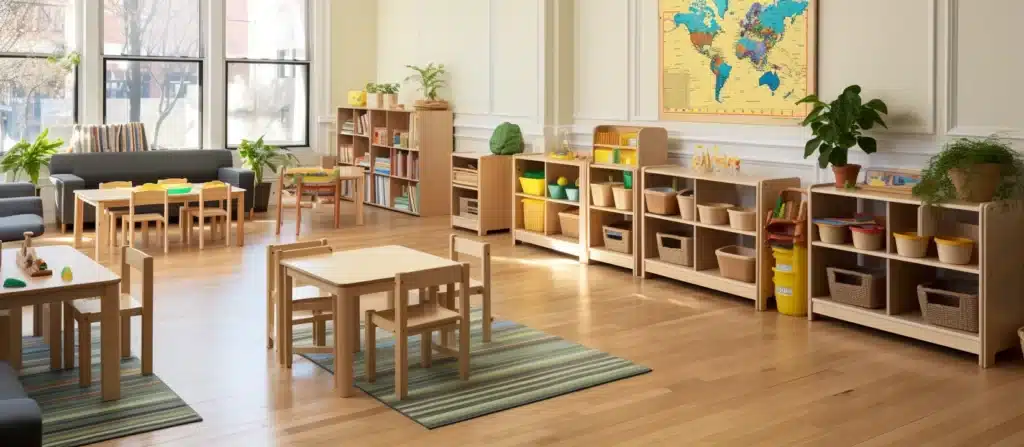
Conclusion
Investing in high-quality daycare furniture that promotes fine motor and coordination skills is essential for providing children with a stimulating and enriching learning environment. By choosing furniture that is appropriately sized, incorporates manipulative toys and sensory elements, and supports collaborative play, we can help children develop the skills they need for future success.

